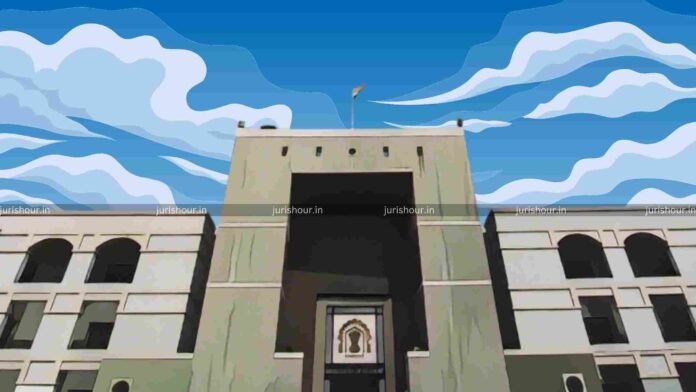The Gujarat High Court has upheld the imposition of penalties under the Customs Act, 1962, against two individuals who were earlier acquitted in a related criminal case involving the attempted export of Mandrax (Methaqualone) tablets disguised as medicinal consignments.
The Bench of Justice Bhargav D. Karia and Justice Pranav Trivedi dismissed the tax appeals filed by Kashyap A. Patel and another appellant against the order of the Customs, Excise and Service Tax Appellate Tribunal (CESTAT), Mumbai, which had confirmed a penalty of Rs. 5 lakh each imposed by the Commissioner of Customs, Ahmedabad.
The case dates back to 1993 when the Directorate of Revenue Intelligence (DRI), Mumbai, acting on specific intelligence, intercepted a consignment at the Bombay Airport declared as Magnesium Trisilicate U.S.P. tablets bound for Nairobi, Kenya. Upon inspection, several cartons were found to contain Methaqualone tablets — a psychotropic substance listed under the Narcotic Drugs and Psychotropic Substances (NDPS) Act, 1985.
Investigations revealed that the consignment was linked to M/s Advance Exports, Ahmedabad, operated by one Achint Patel alias Mahesh Shah, allegedly working under the instructions of Dr. Bipin Panchal. Statements recorded by DRI officers implicated Kashyap Patel and Piyush Pandya, who were employees of Ruchi Pharmaceuticals, for assisting Dr. Panchal in hiring a factory (Coral Pharma, Kheda) and delivering the drugs for export.
In 2004, the Gujarat High Court, in a separate criminal appeal, acquitted Patel and Pandya of all NDPS charges. The Bench had observed that there was no evidence to show they were aware of the nature of the substances being manufactured or transported. The Court held that “suspicion cannot be converted into conviction.”
Despite the acquittal, customs authorities proceeded with adjudication under Section 114 of the Customs Act, which penalizes abetment in the attempted export of prohibited goods. The Commissioner imposed penalties in 1999, later upheld by CESTAT in 2006.
The appellants challenged the Tribunal’s decision, arguing that the findings of the High Court’s acquittal should have been binding in the quasi-judicial customs proceedings, as both were based on the same set of facts and evidence.
Rejecting the plea, the Bench clarified that criminal and customs adjudication proceedings operate in different spheres, applying different standards of proof.
While criminal conviction requires proof beyond reasonable doubt, customs penalties can be imposed on the basis of the preponderance of probability, the Court said.
The Bench also cited the Supreme Court’s decision in Capt. M. Paul Anthony v. Bharat Gold Mines Ltd. (1999) to underline that departmental or quasi-judicial proceedings can continue independently of criminal trials.
The judges noted that the statements made by the appellants and corroborated by other witnesses clearly showed their participation in delivering the contraband goods to the exporter, thus constituting abetment under Section 114 of the Customs Act.
Holding that the findings of the adjudicating authority and CESTAT were based on cogent evidence and consistent with law, the Court ruled that no interference was warranted.
“The Tribunal has rightly upheld the levy of penalty, and it cannot be said that it exceeded its jurisdiction,” the Bench concluded, dismissing both appeals.
Case Details
Case Title: Kashyap A Patel Versus The Commissioner Of Customs
Case No.: R/Tax Appeal No. 927 Of 2007
Date: 15/10/2025
Counsel For Petitioner: Kuntal A Parikh
Counsel For Respondent: Cb Gupta
Read More: Moisture-Based Revaluation Invalid; Orders Refund Recalculation in Iron Ore Export Case: CESTAT

